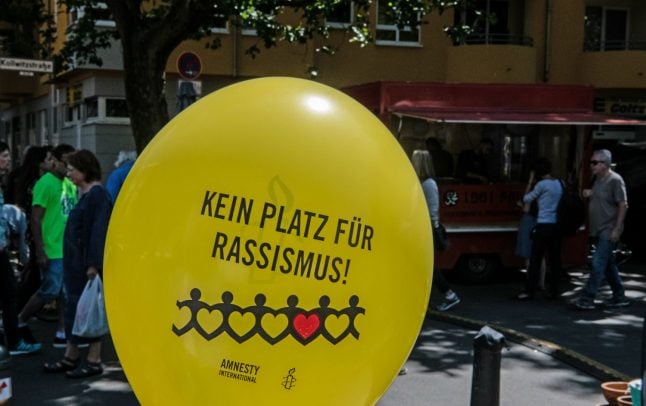"It would be good if the president found the time to go visit the exhibition. He would see how a man of the same age as him and from the same background can become a totally different person," Ai told the daily Süddeutsche Zeitung.
Xi is due to pass through Berlin at the end of this month as part of a European tour that runs from March 22nd to April 1st.
The largest-ever exhibition of Ai's work is about to open at Berlin's Martin-Gropius Bau hall. The outspoken artist is unable to attend as his passport was confiscated in 2011 following a nearly three-month detention.
"We both belong to what is known as the second red generation. Our parents were the generation that founded communism. In fact, his father and my father were good friends," said Ai.
He added that he is hoping one day to meet the president.
"I would very much like to meet him one time, to discuss privately, so I can understand some of these things that have been puzzling me."
"We grew up, both of us, during the Cultural Revolution. We are products of that system. Why did I become so different?"
Considered the best-known and most audacious of contemporary artists in China, he was chosen to help in designing the Bird's Nest stadium for the 2008 Beijing Olympics.
But he later fell out of favour with the authorities after becoming an outspoken critic of human rights abuses and corruption in the country.




 Please whitelist us to continue reading.
Please whitelist us to continue reading.
Member comments